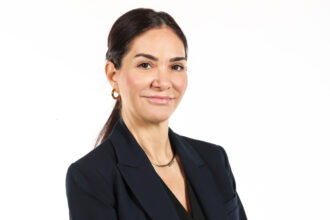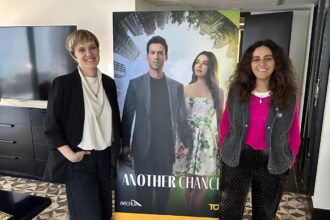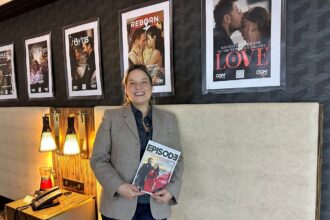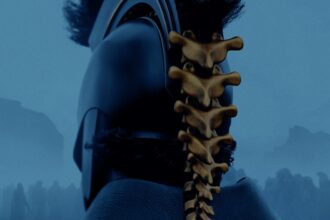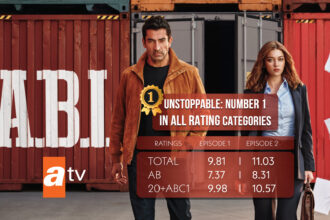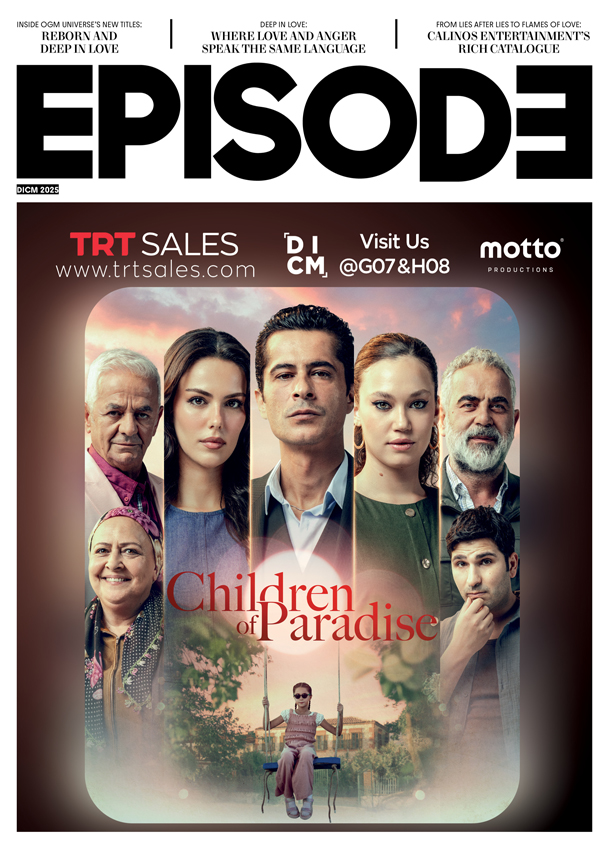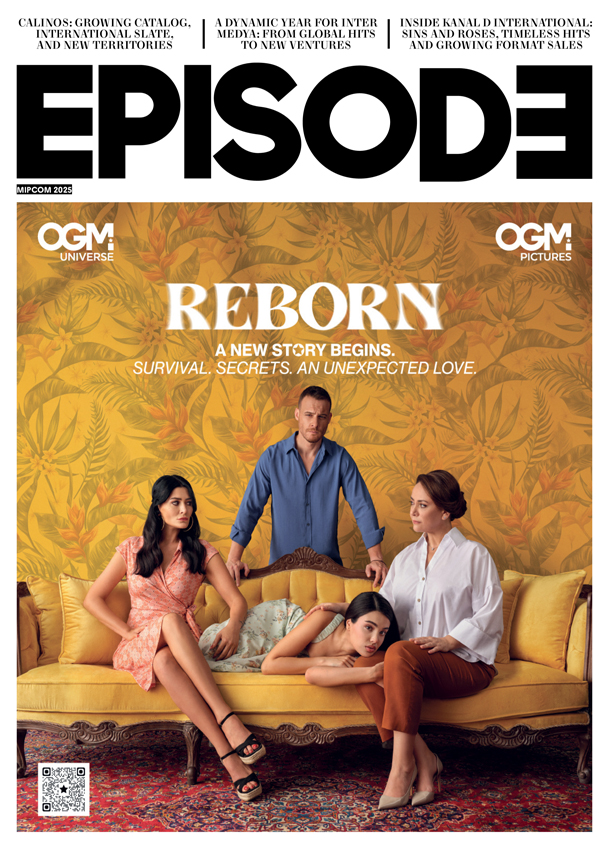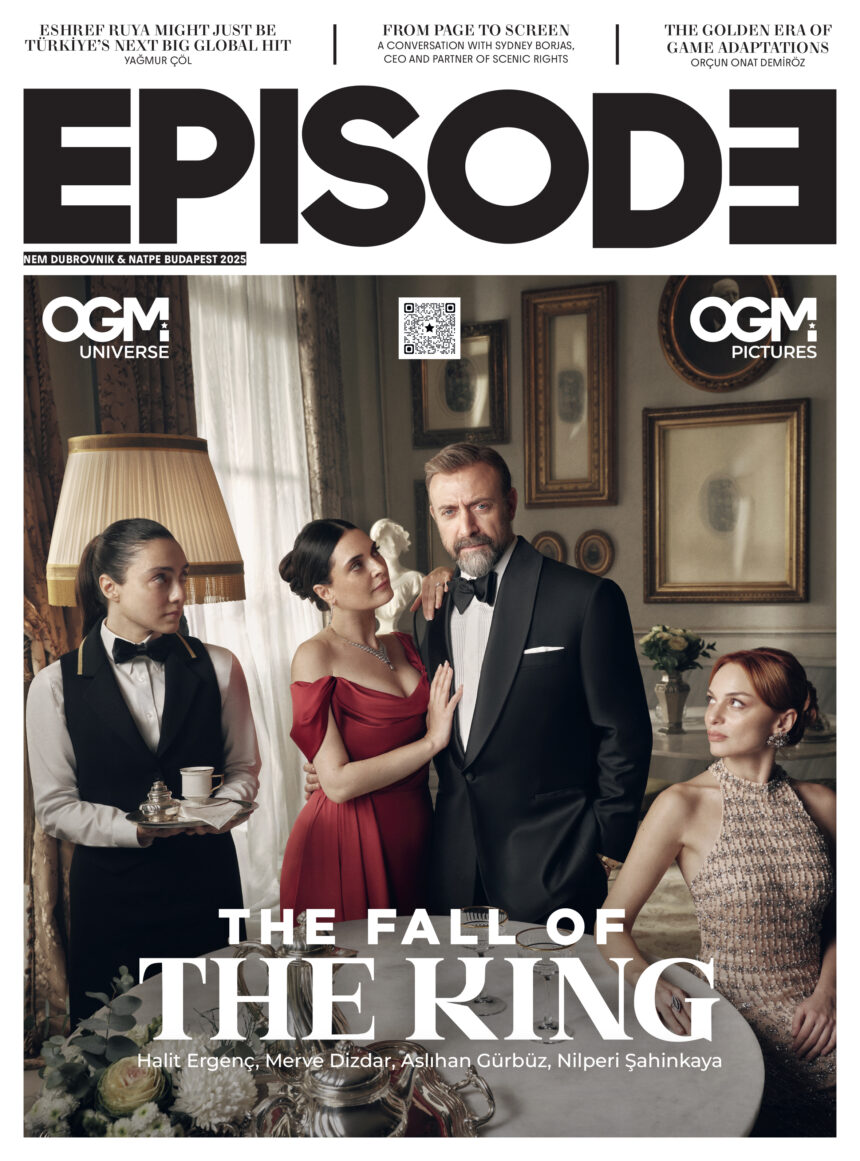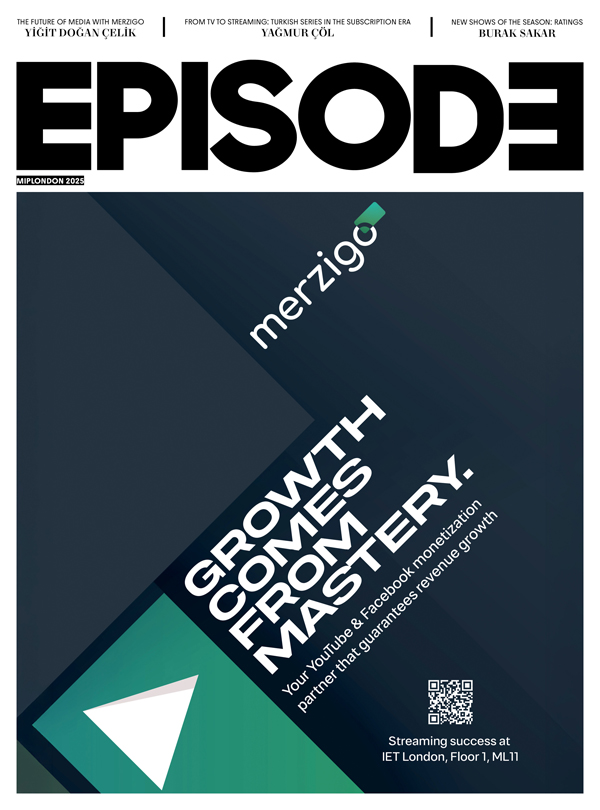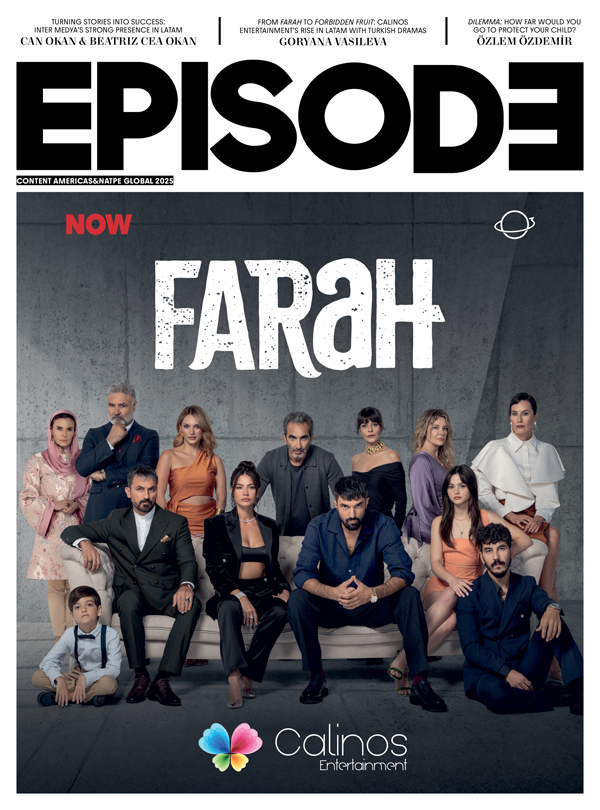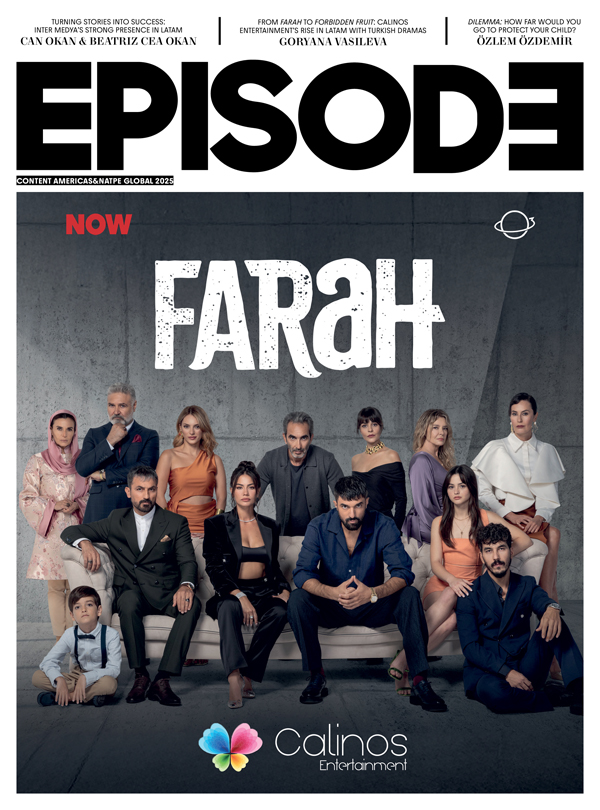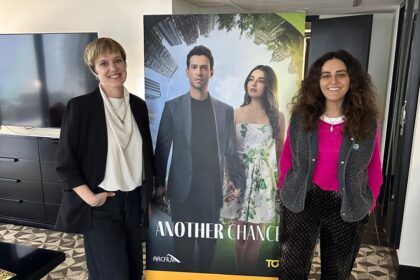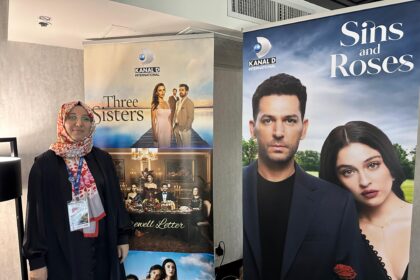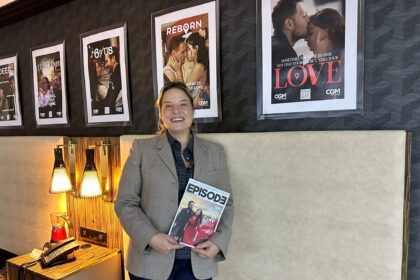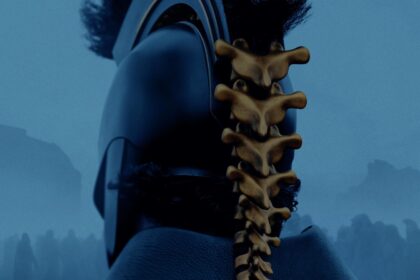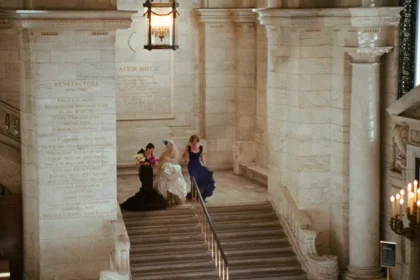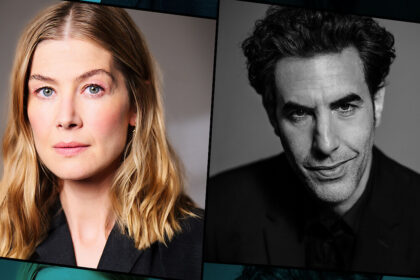For our MIPCOM 2025 issue, Episode went behind the scenes of Reborn and sat down with Lizge Cömert to hear her thoughts on the pains, hopes, conflicts, and transformations of his character Aslı.
As an actor, portraying the physical limitations and psychological weight of a chronic, life-threatening illness must require extensive preparation. How did you approach the scenes where Aslı is dependent on a heart-assist device and fighting to survive?
Lizge Cömert: Aslı has lived with a heart condition since childhood, so it is natural for her to be accustomed to difficulties. For her, the illness is not a dramatic turning point but a reality she has always known. I think this makes her both physically cautious and emotionally resilient. So instead of going through an intense preparation process, I focused on reflecting on her intuitive way of living with this condition for years. I tried to combine the natural slowness and carefulness in her body language with the quiet acceptance on her face to give the sense that “this is her normal.”
After growing up with a distant, unloving mother like Hülya, Aslı suddenly finds an almost ideal mother figure in her donor’s mother, Reyhan. Is being caught between these two women a salvation for her, or the beginning of a deeper identity crisis?
Lizge Cömert: Hülya represents the absence of the love Aslı has longed for since childhood. Reyhan, on the other hand, is the first mother figure through whom she experiences unconditional love and affection. The presence of these two women is both a salvation and the beginning of an identity crisis. One brought her into life but deprived her of love; the other gave her a new chance at life through her daughter’s heart. Reyhan’s compassion gives Aslı the strength to heal while Hülya’s ambitions keep pulling her into danger. This conflict makes Aslı’s emotional journey even deeper and more shattering.

After her heart transplant, Aslı isn’t just carrying a new organ; she also inherits Melike’s memories and emotional legacy. This can be connected to psychological concepts like “organ memory” or “survivor’s guilt.” How did you interpret the sense of alienation or inner conflict that your character experiences when confronted with the fact that part of her identity now belongs to someone else?
Lizge Cömert: Aslı’s new heart gives her not only life, but also someone else’s fate. That feeling of guilt we call survivor’s guilt is always there in the back of her mind. Melike’s memories live in this heart; Aslı is carrying not only herself, but a part of another person, too. That sense of alienation sometimes makes her feel like she’s facing a stranger in the mirror. To reflect that, I tried to bring a sense of being a “guest” into Aslı’s eyes, as if she can’t fully feel at home even in her own body.
Aslı’s greatest conflict is that after years of battling death just to survive, now she has to decide how she wants to live. Life has given her a second chance, but behind that chance are hidden dangers and secrets. Living is no longer just about breathing. It means choosing who she can trust and finding a new path for herself.
Aslı is portrayed as the embodiment of pure conscience and resilience. In your own life, where do you most resemble her?
Lizge Cömert: I feel closest to Aslı in her resilience and her sense of conscience. No matter how fragile we are in life, our inner strength keeps us standing. In my own difficult times, I always hold on to that part of myself. Like Aslı, I believe my heart will guide me in the right direction and carry me forward.
For someone who has been battling death all her life, where do you think Aslı’s biggest conflict lies as she faces the dangers, secrets, and intrigues of this new life?
Lizge Cömert: Aslı’s greatest conflict is that after years of battling death just to survive, now she has to decide how she wants to live. Life has given her a second chance, but behind that chance are hidden dangers and secrets. Living is no longer just about breathing. It means choosing who she can trust and finding a new path for herself. That is where her inner struggle peaks. For someone who has returned from death, carving out a place in life’s chaos becomes her greatest test.
The story says “a heart brought two families together.” But is that union a blessing or a curse? For your character, does this feel like a chance at salvation, or the beginning of inevitable tragedy?
Lizge Cömert: It is both a miracle and a curse. The heart gives her a second chance, but it also forces her to confront the burdens of the past. The heart that saved her life also ties her to another story, and in that way, salvation and responsibility become inseparable.









